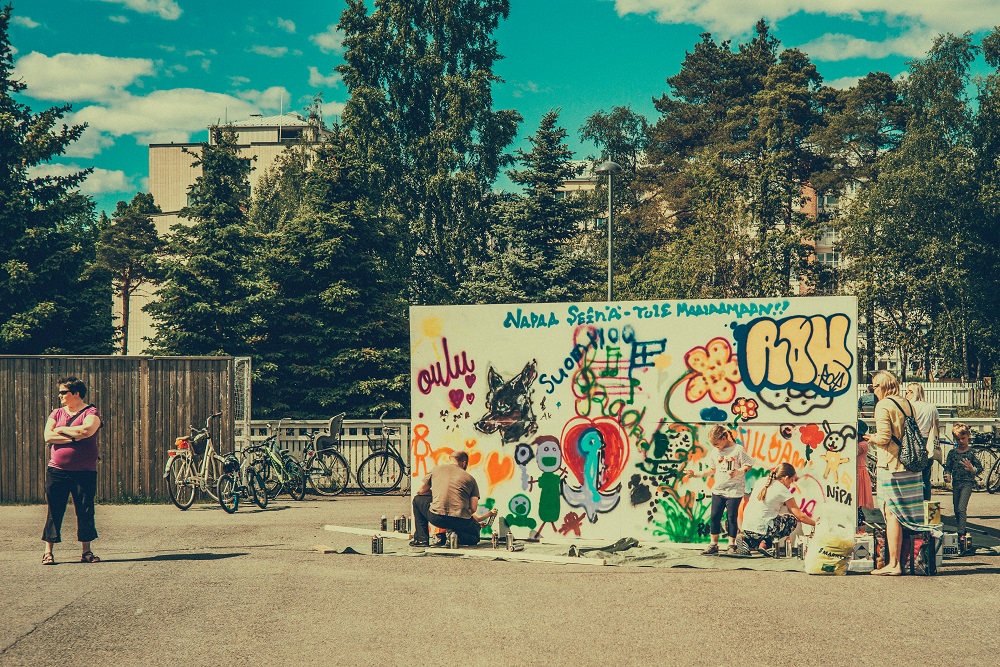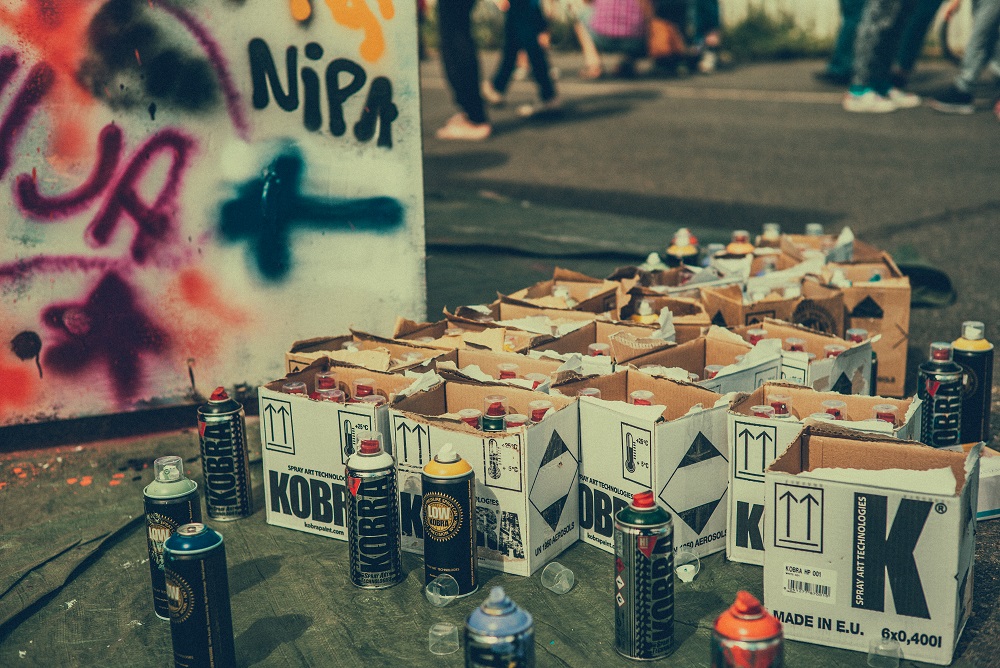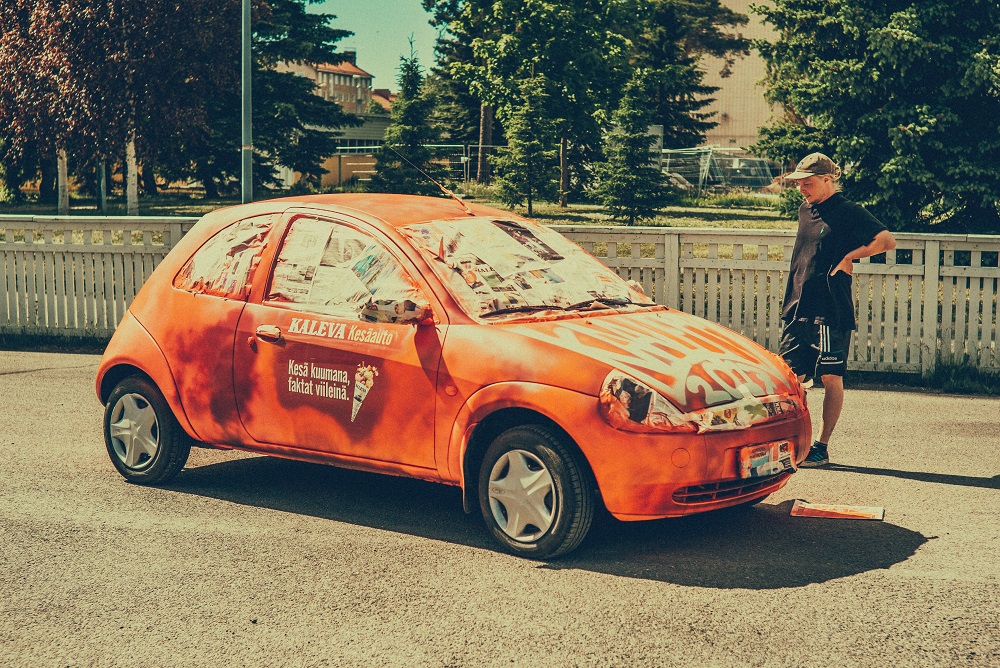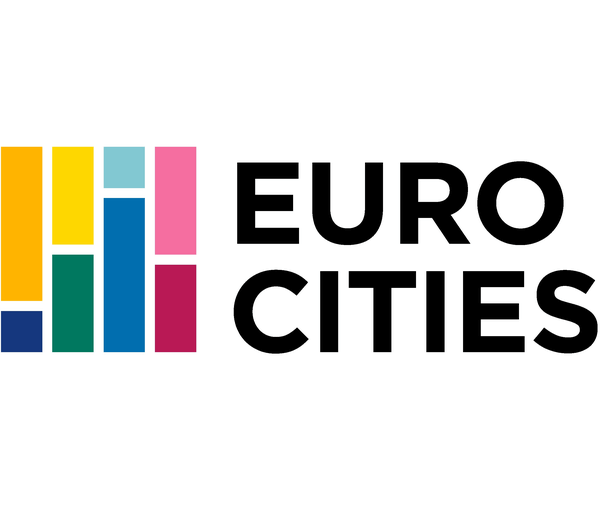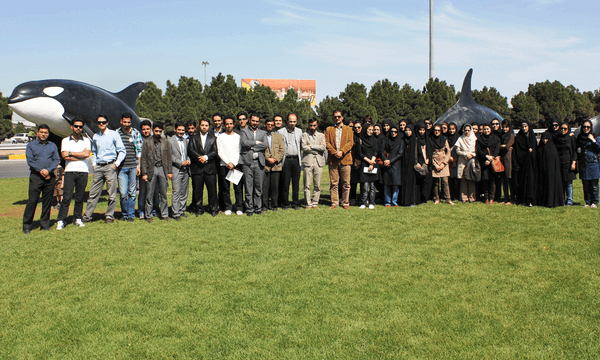City
Oulu
Main actors
City Government, Community / Citizen Group, NGO / Philanthropy, Research Institutes / Universities
Project area
Whole City/Administrative Region
Duration
Ongoing since 2018
The City of Oulu has developed a community-driven model for generating and testing creative solutions to city problems.
The CHAOS Method is a tool for urban development and progressive procurement. It effectively helps the city to create new solutions and services with local NGOs via citizen participation. The CHAOS Challenge, a practical example of the CHAOS Method, encourages
young citizens of Oulu to propose, create and establish creative and cultural solutions to issues they themselves perceive within their city. Co-creation is at the heart of the projects the CHAOS Challenge funds, enhancing the trust between the city and young citizens and enriching Oulu’s culture with sustainable projects.
By making collaboration with the city an appealing and empowering process, Oulu is strengthening social capabilities and inclusion among 15-29 year-old citizens and the role of non-governmental organisations in urban development.
Originally published by EUROCITIES, the network of 130 European cities: http://nws.eurocities.eu/MediaShell/media/2018_participation_Oulu.pdf
Eurocities Awards
This project was awarded the 'Eurocities Awards' in 2018 in the following category: Participation.
External links / documents
On Map
The Map will be displayed after accepting cookie policy
